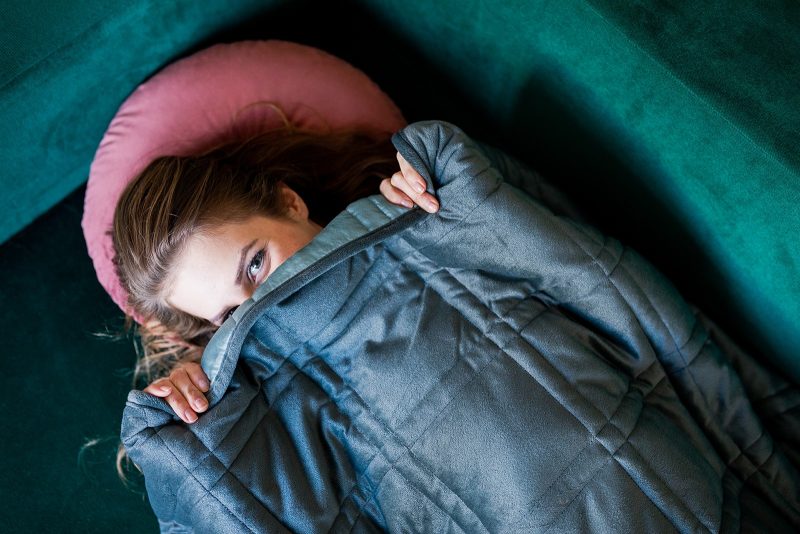Imagine yourself in a situation where you typically feel impatient or reactive. Perhaps it’s in traffic, or when waiting in line, or when dealing with a challenging person.
Here’s a hypnotherapy script to help develop patience and self-control:
Induction
(Soft, calming music plays in the background)
“Welcome to this hypnotherapy session, where you’ll cultivate patience and self-control. Find a comfortable seated or lying position, close your eyes, and take a deep breath in through your nose and out through your mouth.
Imagine yourself standing at the edge of a peaceful lake on a warm summer day. Feel the gentle breeze on your skin, the warmth of the sun on your face, and the sound of birds chirping in the distance.
Deepening
“As you breathe in, imagine fresh, calming air filling your lungs. As you breathe out, imagine any tension, stress, or anxiety leaving your body. With each breath, feel yourself becoming more relaxed, more calm, and more centered.
Imagine a warm, soothing light beginning to fill your body, starting at the crown of your head. As this light travels down through your face, neck, shoulders, arms, hands, chest, abdomen, lower back, hips, legs, and feet, it dissolves any remaining tension or discomfort.
Patience and Self-Control
“Now, imagine yourself in a situation where you typically feel impatient or reactive. Perhaps it’s in traffic, or when waiting in line, or when dealing with a challenging person.
Visualize yourself in this situation, and notice how you feel. Notice the physical sensations, the emotions, and the thoughts that arise.
As you observe yourself in this situation, repeat the following phrases to yourself:
‘I am patient and calm in every situation.’
‘I trust that everything will work out for my highest good.’
‘I am in control of my thoughts, emotions, and actions.’
‘I choose to respond, rather than react.’
Anchoring
“As you continue to breathe deeply, imagine a small, peaceful anchor appearing in your mind’s eye. This anchor represents your patient and self-controlled state.
Whenever you feel impatient or reactive, imagine this anchor appearing before you. Visualize its peaceful, calming presence, and repeat the phrases to yourself once more.
Future Pace
“Imagine yourself in the future, having successfully cultivated patience and self-control in various situations. See yourself handling challenges with ease, responding rather than reacting, and feeling calm and centered.
Counting Up
“When I count to three, you’ll return to a state of heightened awareness, feeling refreshed, renewed, and empowered with patience and self-control.
One… Your mind is becoming more alert, your body more relaxed.
Two… You’re feeling more centered, more grounded.
Three… You’re back to full awareness, feeling refreshed and renewed.”
(Soft music continues to play for another minute before fading out)
This script is meant to be a starting point and can be adjusted according to individual needs and preferences.
